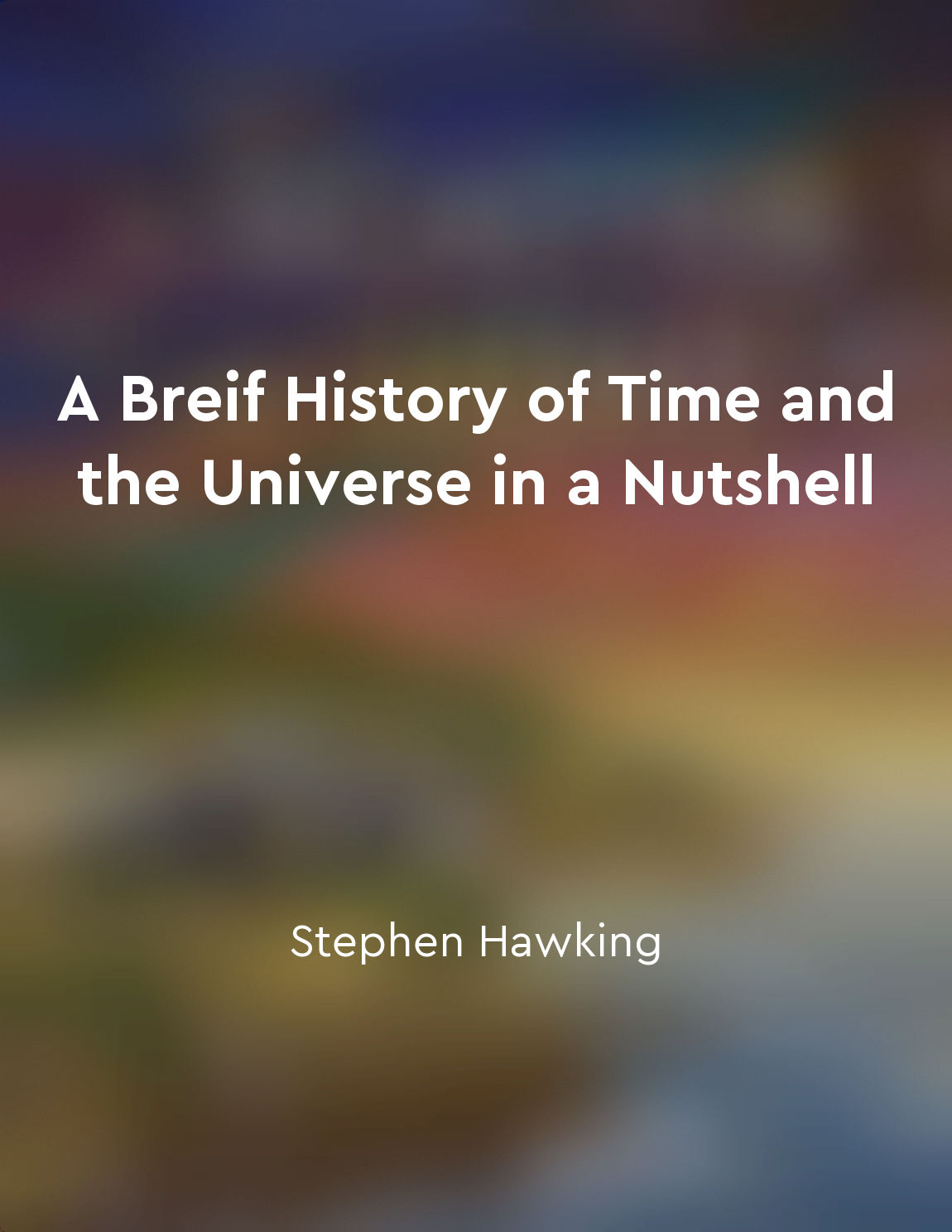Time's directionality based on entropy increase from "summary" of The Grand Design by Stephen Hawking,Leonard Mlodinow
According to the laws of thermodynamics, entropy tends to increase over time. This means that the universe as a whole is moving towards a state of greater disorder. Entropy is a measure of the number of ways in which a system can be rearranged, or the number of microstates that correspond to a given macrostate. In a system with low entropy, there are only a few ways in which the components can be arranged to produce the same overall state. As a result, there is a high degree of order in the system. On the other hand, in a system with high entropy, there are many ways in which the components can be rearranged to produce the same overall state. This leads to a high degree of disorder in the system. As time progresses, the system tends to move towards a state of higher entropy. This is because there are simply more ways in which the system can be disordered than ordered. In other words, as time goes on, the system is more likely to move towards a state of greater disorder simply because there are more ways in which disorder can be achieved than order can be maintained. This increase in entropy over time gives time its directionality. In a system with low entropy, it is easy to tell the past from the future because the past is the state of lower entropy. As time progresses, the system moves towards a state of higher entropy, making it clear which direction time is moving in. This is why we perceive time as moving forward, rather than backward. Time's directionality is based on the increase in entropy over time.Similar Posts

Dark energy drives accelerating expansion
In the vast expanse of the cosmos, there exists a mysterious force known as dark energy. This enigmatic entity plays a crucial ...
Human understanding of universe evolves
Throughout history, humans have been trying to make sense of the universe that surrounds us. Our understanding of the universe ...
Importance of Analysis
The importance of analysis lies in its ability to bring clarity and precision to our understanding of complex concepts. By brea...
Universe's grand design remains a mystery
The quest to understand the universe has been a driving force for humans throughout history. From ancient civilizations to mode...
Language universal
The idea of a language universal is a tantalizing one. It suggests that there may be a fundamental language that underlies all ...
The mysteries of the cosmos
The mysteries of the cosmos are vast and profound, stretching beyond the reaches of our comprehension. They encompass the origi...
Nature of Universals
The problem concerning universals is one of the most fundamental in philosophy. It is a problem that has puzzled philosophers f...
